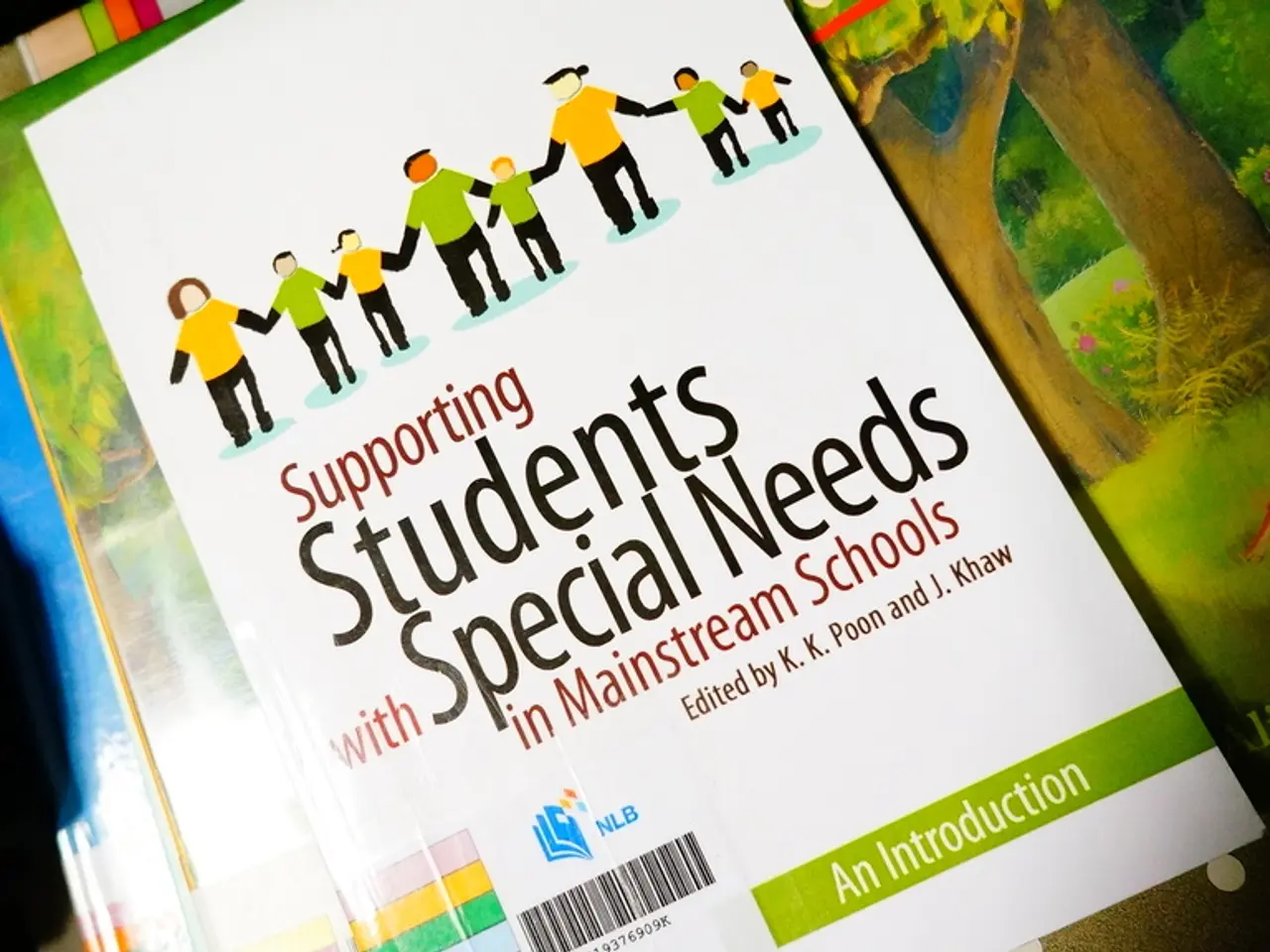Scholars criticize Harvard journal for cancelling Palestine-related discussion, labeling it as suppression of free speech.
Harvard's Cancellation of Palestine-Focused Special Issue Sparks Outcry
A planned special issue of the Harvard Educational Review (HER), focused on the education of Palestinians and related debates in US schools, has been met with widespread condemnation after its cancellation by Harvard Education Publishing Group (HEPG).
More than 120 education scholars have signed an open letter, accusing HEPG of silencing academic examination of the genocide, starvation, and dehumanization of Palestinians amid Israel's war in Gaza. They have pledged to boycott HEPG and Harvard Education Press until their demands for an apology, a new special issue on Palestine, and safeguards to protect editorial independence are met.
The special issue, planned six months into the Gaza conflict, aimed to address educational issues in the context of the ongoing conflict. Authors and editors of the special issue rejected HEPG's claims of an inadequate review process, labeling the cancellation as an example of the "Palestine exception" to academic freedom and "scholasticide" - the systematic destruction of Palestine's educational system.
The scholars accused HEPG of censorship and anti-Palestinian discrimination. The cancellation provoked broad criticism from over 360 academics, human rights groups like PEN America, and media observers, who condemned the move as unprecedented censorship and a violation of academic freedom.
The cancellation fits into a wider pattern of administrative actions at Harvard amid pressures from the Trump administration, including the earlier dismissal of Middle Eastern Studies program leaders, suspension of a partnership with Birzeit University in the West Bank, and program reorganizations said to address antisemitism concerns. These moves have led to accusations that Harvard is censoring Palestinian narratives and scholarly critique out of fear of political or legal reprisals.
Oxford professor Arathi Sriprakash, a signatory to the letter, stated that the cancellation highlights "grave threats to academic freedom." She further emphasized that educationalists must defend the pursuit of knowledge "without fear or threat."
HEPG has denied allegations of censorship, claiming the decision was unrelated to academic freedom. However, the scholars argue that the cancellation was due to the issue's critical perspective on Palestine and represents yielding to political pressure related to the Trump administration’s demands to curb pro-Palestine expression at Harvard.
The scholars' open letter was published on August 14. All articles for the special issue had been edited, contracts signed, and the issue advertised before it was cancelled by HEPG. The condemnation was first revealed by The Guardian in July. The scholars demand an apology from HEPG, a new special issue on Palestine, and safeguards to protect editorial independence.
Read also:
- India's efforts to lessen reliance on China for scarce earth minerals
- Asia's health landscape significantly shaped by philanthropic efforts - Nations bolstered to become self-sufficient in healthcare.
- List of Black Women in STEM Fields Featured on Forbes' 2025 Over 50 List
- Unexpected bonus or present could catch you off guard today, Leo, according to horoscopes for August 13, 2025.




